A daughter’s quest to find the truth about the death of her father, the CIA’s top spy in the Middle East
Charlotte Dennett was only six weeks old when her father died in a plane crash. In her new book she investigates his death and how the oil game influences politics across the Middle East. Jack Dutton reports
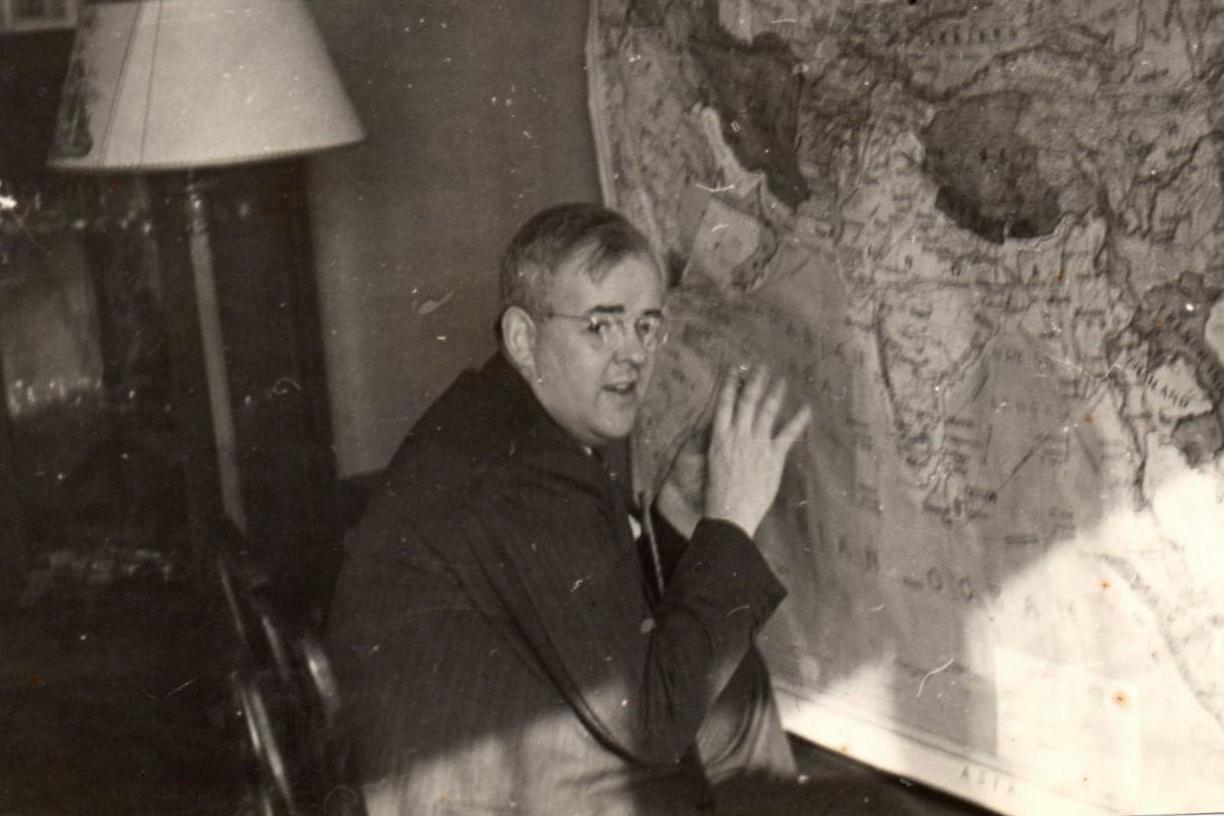
In 1947, Daniel Dennett was sent to Saudi Arabia to study the route of the proposed trans-Arabian pipeline before heading to Addis Ababa in Ethiopia to meet with Ethiopian and oil officials to discuss energy opportunities and airspace rights. The Cairo-based US petroleum attache and a communications specialist were also on board the ill-fated flight, which was also carrying 2,000lbs of secret radio equipment as well as an aerial camera.
The emperor of Ethiopia, Haile Selassie, had a strong anti-British sentiment and the United States was trying to increase its influence in the country. The passengers on board were due to meet officials in Addis Ababa from US-based Sinclair Oil, which had just been granted an exclusive mandate by the emperor to explore oil opportunities in Ethiopia. But before it could land, the plane crashed in mountains near the Ethiopian city of Dessie, killing all six Americans board.
The circumstances around the crash have been shrouded in secrecy ever since. In her new book, The Crash of Flight 3804: a Lost Spy, a Daughter’s Quest, and the Deadly Politics of the Great Game of Oil, Dennett looks into the mysterious circumstances surrounding her father’s death. Although Dennett was too young to remember spending time with her father, she found a connection with him through his line of work. Both of them have strong ties to the Middle East. Daniel Dennett was America’s top spy in the region for four years during the Second World War, while in the 1970s she worked as an investigative journalist in Beirut, covering Lebanon’s Civil war.
Like Charlotte, who is 73, Daniel was also based in the Lebanese capital. He posed undercover as the US Cultural Attaché but worked as an agent for the Office of Strategic Services and the Central Intelligence Group, now known as the CIA. The agency codenamed him “Carat”. Nearly 30 years after the crash and after she finished her stint working as a journalist at Lebanon’s Daily Star newspaper, Dennett began her mission to learn more about Carat’s history. Throughout the book, the reader follows her journey to find the truth, which has led her to her father’s friends, government archivists, former spooks and sleuthing through redacted CIA papers. She even took the agency to federal court to try to gain access to her father’s full file. Several years later she met Gina Haspel, the CIA’s director, who told her she would release more information about her father.
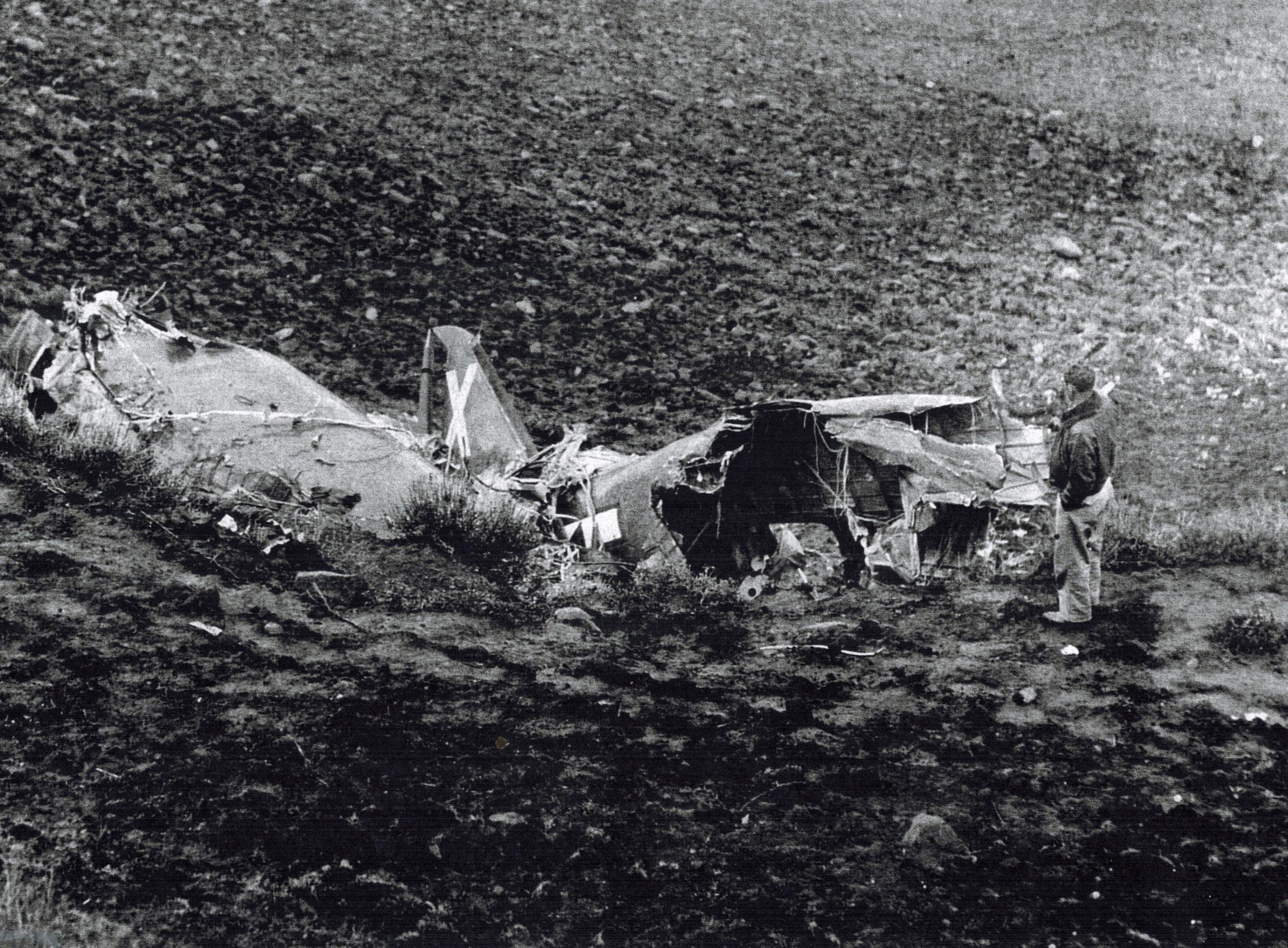
Although her journey to find the truth is one of the book’s central themes, Dennett also uses the chapters to look into different conflicts in the Middle East and how they relate to the “Great Game” for oil. The term “Great Game” has been used by journalists for decades to describe the chase for mineral riches by foreign governments in the Middle East and Central Asia.
When she first started working on the book, Dennett initially had reservations about publishing it. “You have to be very careful when you write about oil and connecting it to foreign policy and geopolitics. There’s more acceptance nowadays that oil plays a role, but in the past, and certainly when I was a journalist in Lebanon, it was completely censored. You just couldn’t write about it,” Dennett says in an interview.
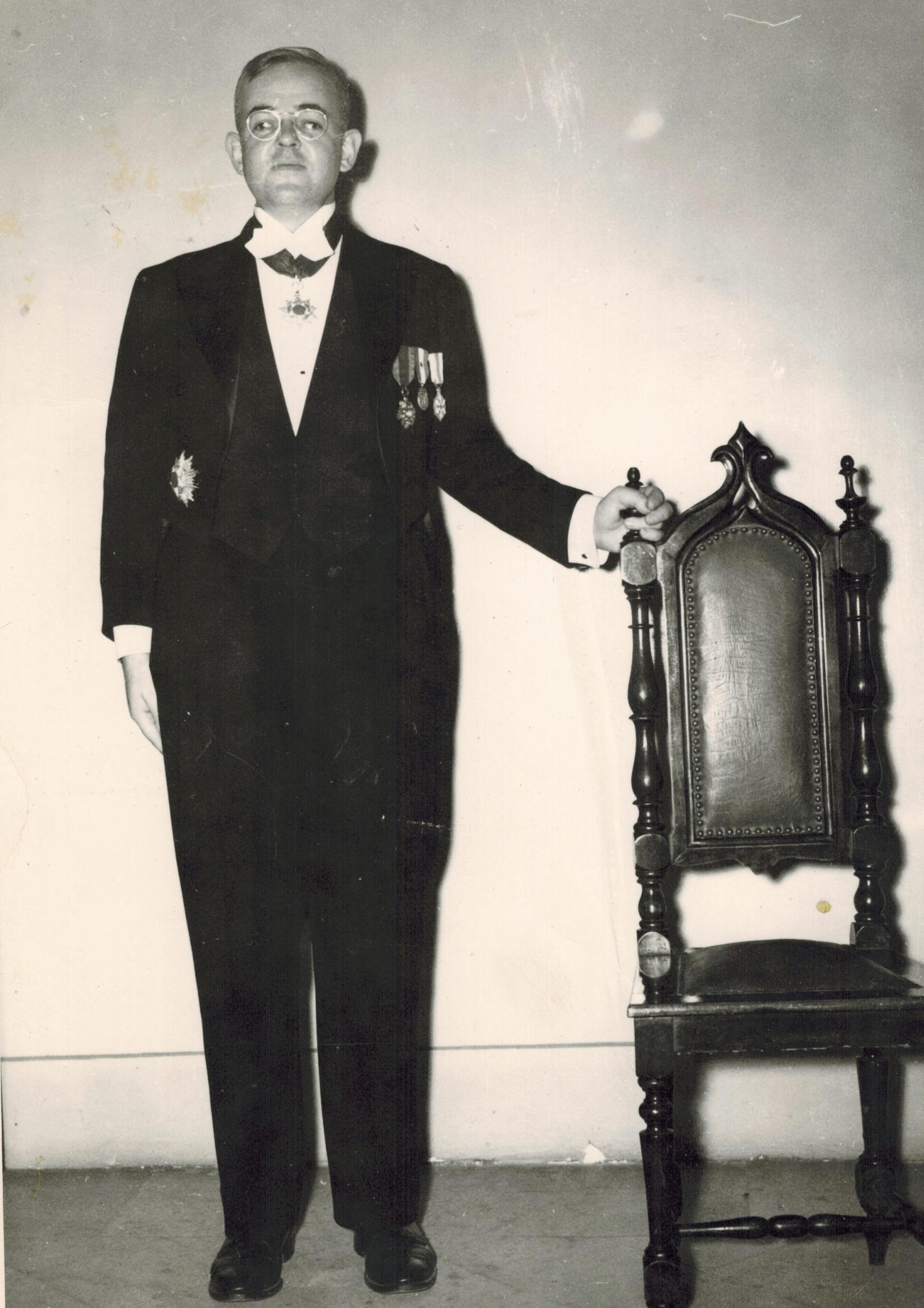
“One of the reasons I held off so long in publishing this book is because I felt if I tried to tell the truth, it wasn’t going to get out there. It’s was going to be suppressed,” she adds.
She says it’s now much easier to talk about the Great Game for oil in the region. For Dennett, the plane crash that killed her father was a microcosm of the Great Game. In her book, Dennett looks closely at the reasons for the wars in the Middle East by following the development of oil pipelines across the region and the political power struggle.
Dennett first began reporting on pipeline politics when she was covering the Iraq war and the Bush administration in the early 2000s. Chapters in her book also look into America’s war in Afghanistan, as well as conflicts and big oil interests in Syria and Yemen. Another delves into the “Natoisation” of the Mediterranean region. When Dennett flew over the vast sea when she was visiting Lebanon in 2011, she was reading about Nato’s efforts to undermine Libya and then-leader Muammar Gaddafi
If you don’t go along with the game, then you’re targeted. That certainly happened to the Syrians in 1949 when they objected to the pipeline going through Syria; President Shukri Al Quwatli was removed in the CIA’s first ever coup in 1949
“I pulled up some articles that showed that Gaddafi was fighting the Natoisation of the Mediterranean. He said ‘I’m not going to join in on this because they’re just going to try and control [the region]’.
“That’s one of the themes that keeps coming up: if you don’t go along with the game [for oil], then you’re targeted. That certainly happened to the Syrians in 1949 when they objected to the pipeline going through Syria; President Shukri Al Quwatli was removed in the CIA’s first ever coup in 1949. As soon as he was removed, an army chief replaced him and the Trans-Arabian pipeline went through.”
With the tensions between Tehran and Washington high right now, she also explores how key oil infrastructure and vulnerable chokepoints, such as the Stait of Hormuz and the Petroline pipeline – which stretches 1,200 kilometres from the Abqaiq oil field in Saudi Arabia across the width of the Arabian Peninsula to the Red Sea – help shape the Trump administration’s Middle East policy.
The project has also revealed more information about her father’s death. After spending years researching the crash, she has discovered that it wasn’t necessarily an accident. For Dennett, the documents that she has uncovered confirm to her what she already figured out: that her father was not there to spy on the Germans, but on former US allies the British and the French as well as the Russians. Her father had to relay intelligence back to Washington to make sure that the Trans-Arabian pipeline was protected.
In 1944 and up until his death, when Dennett was in Lebanon, Israel did not exist as a state until and the British still controlled Palestine. “American diplomats and the intelligence community were beginning to work out what kind of impact a Jewish homeland in Palestine would have. At the time of my dad’s death in March 1947, the state of Israel had not yet been created and there was tremendous violence in Palestine because the Jews were fighting the British,” she says.
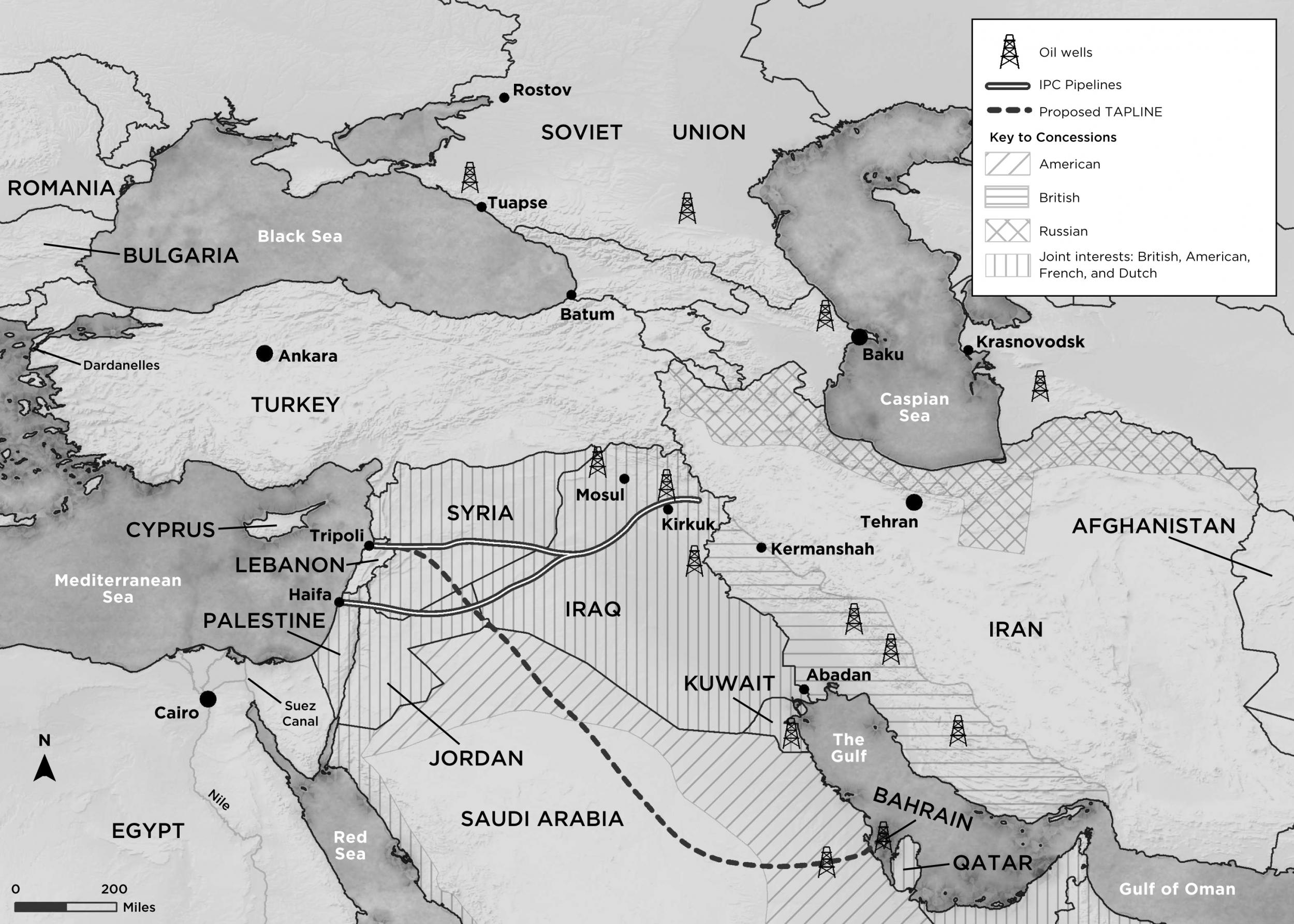
It was colonial interests versus independence. The fighting between Arabs and Jews, according to memos Dennett uncovered, was one of the main reasons why Carat was not in favour of Trans-Arabian pipeline being terminated in Palestine. “He and others thought it would be much safer to be in Lebanon and that’s why he was stationed there, to cultivate all those good relations. That pipeline encouraged tremendous hostility and intrigue among our former allies because they realised that it was going to elevate American influence as a new power in the region,” she says.
I found all these documents which showed the British resisting American oil crews on the ground and trying to spy on everything that the Americans were doing
The construction of the Trans-Arabian pipeline began in 1947 and in the end, due to the establishment of Israel a year later, an alternative route through then-Syrian Golan Heights to the ex-port terminal in Lebanon’s Sidon was chosen for it. The Syrian government had initially opposed the plan, before the 1949 coup. After the Arab-Israeli war in 1967, Israel ceased control of the Golan Heights. The section of the line beyond Jordan halted in 1976, after years of disagreement between Lebanon, Saudi Arabia and Syria over transit fees. The remainder of the tap line between Saudi Arabia and Jordan was cut off in 1990 when the former stopped it due to the latter supporting Iraq during the first Gulf war.
Although US and British leaders often refer to the “special relationship” between the two countries, tensions were fraught after the Second World War, as both nations jockeyed for influence in the Middle East and later in Africa. The relations didn’t rebuild until they had a common enemy: the Soviet Union during the Cold War. Russia was very interested in the Middle East then and continues to be a major player there today.
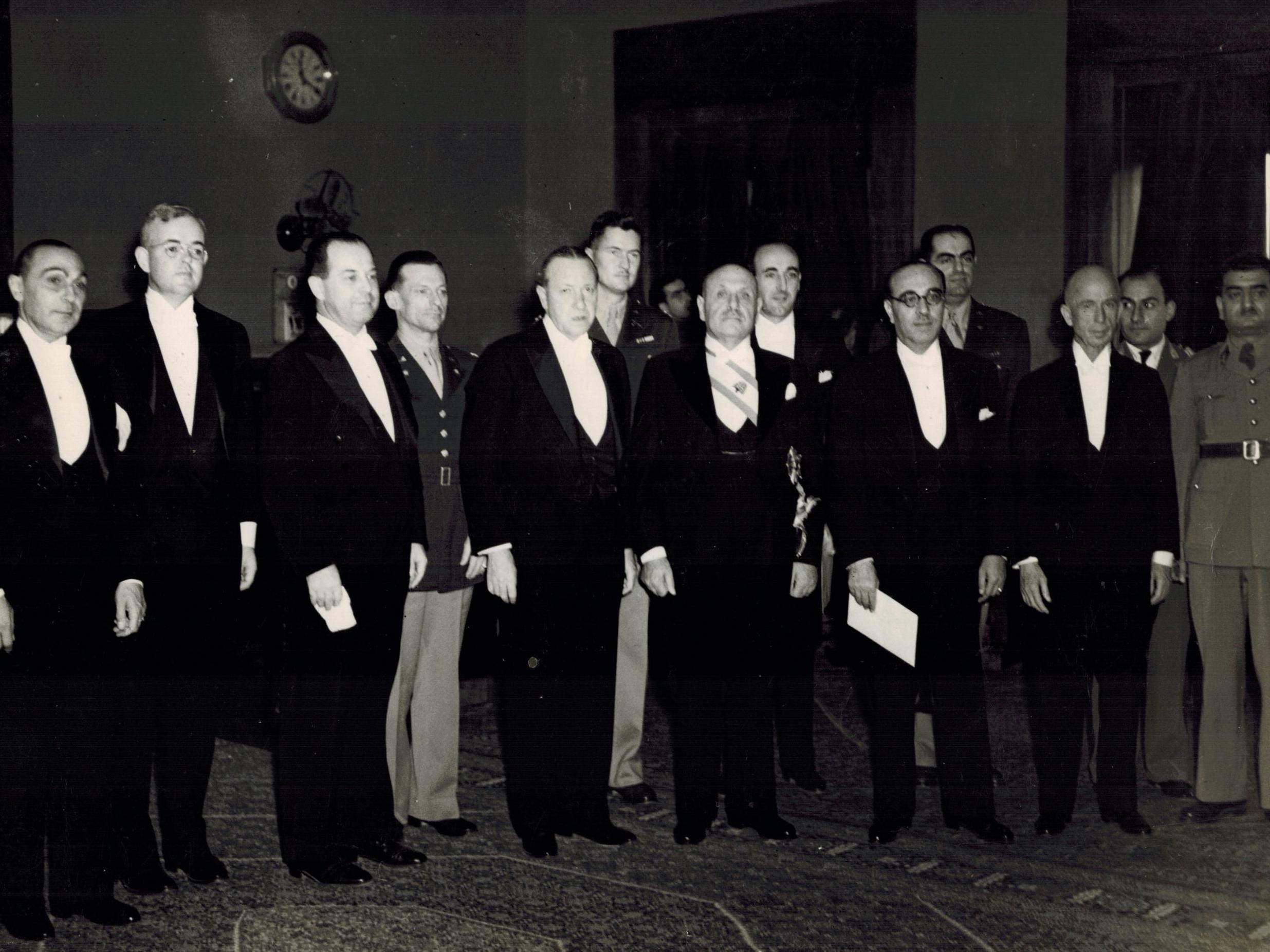
“At the time that my father was there, Britain was resisting every move the Americans were making in trying to control not only oil rights but air rights,” she said. In a 1944 CIA memo Dennett managed to access, her father said that the Americans had to control the oil and the air rights “at all costs”, even if it meant being pitted against allies.
In Ethiopia, the British had a complete chokehold over all the communications and Haile Selassie greatly resented this. He wanted to free his country from British control, so he invited the Americans in and gave them an exclusive concession to explore for oil in the Ogaden Peninsula. The British were furious.
“I found these documents which showed the British resisting American oil crews on the ground and trying to spy on everything that the Americans were doing. In a session in Parliament, the British government also admitted that much of the conflict raging in the 1950s was over oil between US and Britain,” says Dennett.

Although the accident report seemed to suggest that the crash was caused by bad weather, the information Dennett has uncovered indicates that it may not have been an accident. It is very difficult to find much detail around the crash, as it was in a remote part of the world and there are few technical details from the accident report. There were no confirmed witnesses and an unnamed British brigadier and local authorities were among the first people to discover the plane. US intelligence agencies weren’t aware of the crash until 24 hours after it came down.
Dennett believes the British or the Russians may have been involved. There was one person who knew a lot about what the British and the Russians were doing at that time and made it his business to know, and that was Kim Philby. The notorious double agent, who worked with the British and the Russians, was Daniel Dennett’s British counterpart in the Middle East, and he was based in Istanbul.
Philby was in Saudi Arabia two months before Daniel Dennett was there and he was going to some of the same places with his father, tracking American interests in the area. The double agent had also been implicated in having a hand in the 1943 plane crash that killed Polish premier Wladyslaw Sikorski on his way to the Middle East. Enrico Mattei, founder of Italian oil company ENI, which negotiated oil concessions for his country in the region, also died in a plane crash, which investigators highly suspect was caused by a bomb hidden on the aircraft.
“I can’t say for sure that Philby was involved, but there’s enough information that makes me think that the British and the Russians benefited from this crash, which delayed the US setting up its own airline, the Ethiopian Airlines.”
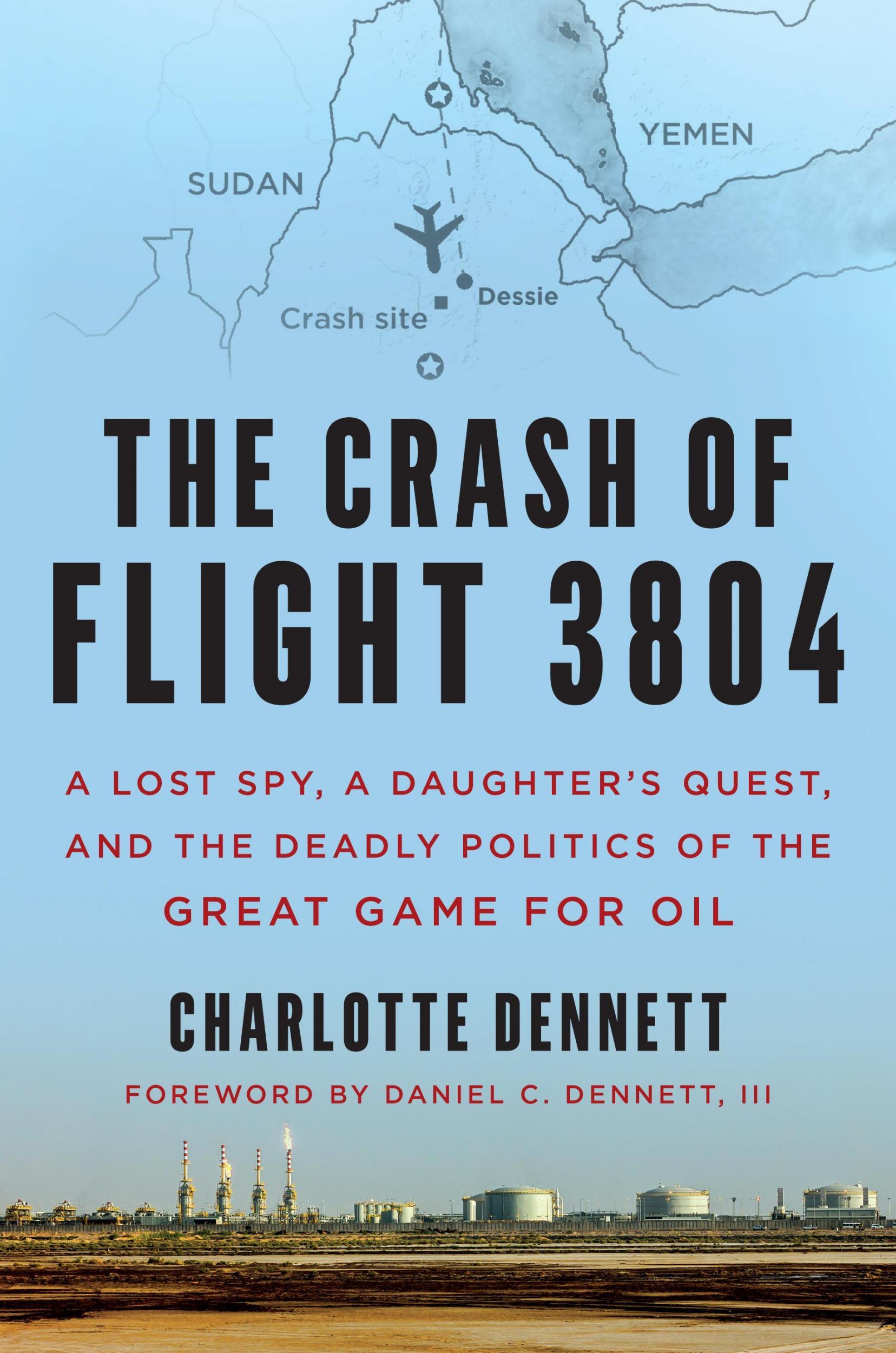
Although she hasn’t found proof of it yet, Dennett believes it is likely her father and Philby would have met at some point, with their jobs being so closely tied and Philby having a history of training special operatives in the region. Dennett is hoping that someone who reads her book will be able to provide more information around her father’s death.
“I hope someone who reads my book has some more information for me because there’s not much written about Philby during this particular period, when he was stationed in Turkey and my father was stationed in Beirut. That period is not well known.”
‘The Crash of Flight 3804: a lost spy, a daughter’s quest, and the deadly politics of the great game of oil’ is out now
Join our commenting forum
Join thought-provoking conversations, follow other Independent readers and see their replies
Comments